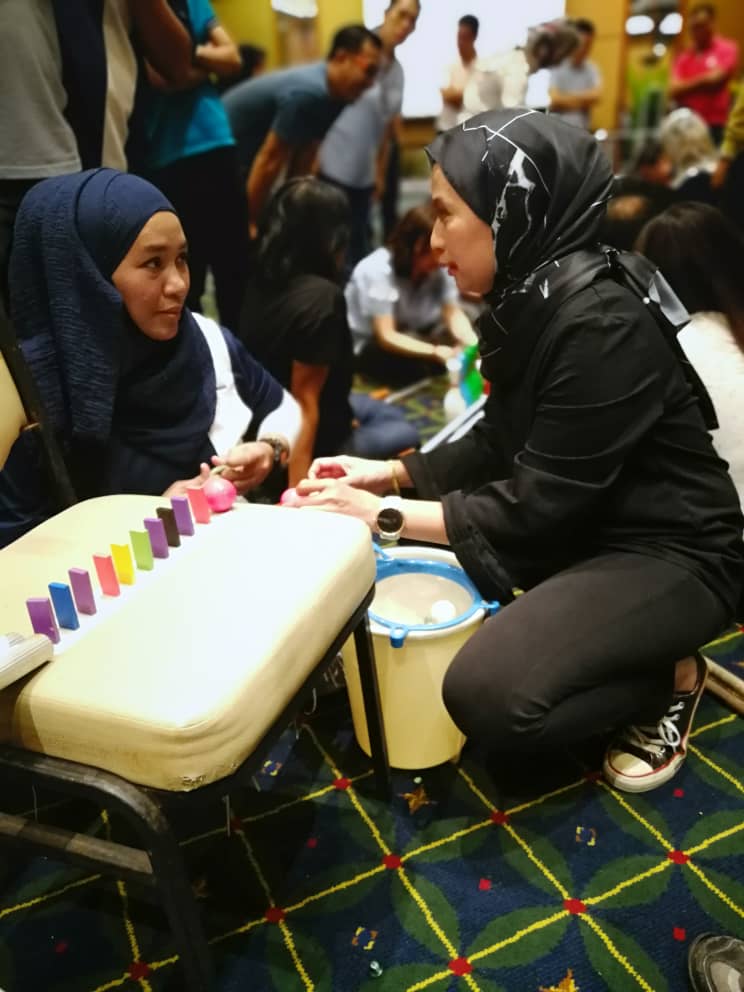MOST companies regardless of size have different people taking care of different things. And that’s how we take care of business.
And to do that well you need to make sure all these people are on the same page. In addition, these people should also be aware of the companies goals and work together towards achieving them.

Sometimes, in a small company, the same person will handle more than one job or task like a small startup. And you would refer to them as ‘person-in-charge’ rather than a department. As the company grows, this position becomes a “department” and the role is shared among several individuals.
At this stage, the ecosystem of the company gets subdivided into different sections or departments and functions individually within its own system. Some management believes this will allow the jobs to be carried out efficiently.
However, what tends to happen – and often without the management realising – is that the various departments begin to function independently of one another. Each department becomes unaware of what the other is doing. And what’s even more ominous is over time some departments begin to behave like they are the company.
So how do we fix this? How do we avoid creating “island mentality” or “little napoleons”? We communicate! We make sure there are messages sent and received between all the departments.

“Well, that’s easy enough!” You may tell yourself. But communication is not just about sending emails and updating on group chats. To begin with, the art of communication begins with listening. Now this is a tricky one. People generally do not listen well.
According to CEO D Jungle People John Kam, the ownership of the larger goal and vision allows departments to focus on working together versus against each other.
Speaking to participants from Affin Hwang Investment Bank Berhad, John said: “Leaders need to be able to sell that larger purpose to team members to create the platform for collaboration to happen.”
Therefore teams need to listen, weigh suggestions from other departments against their plans and map it against the company’s goals and policies. Messages sent out have to be clear and make sure they are understood.
The lack of interdepartmental communication can lead to confusion in the operations, frustration and mistrust among staff, chaos and the lack of morale, to name a few.
Department heads need to encourage staff to discuss and clarify. And the same should happen between departments to ensure that the action from one department does not disrupt the work of another.

“The communication between departments improve when individuals take responsibility for getting things right. Performance will follow,” John added.
Developing good communication skills is important especially in ever changing corporate environment. It helps the employees to adapt to rapid changes especially if a company is going through transformation. It allays fears and reaffirms a sense of security.
